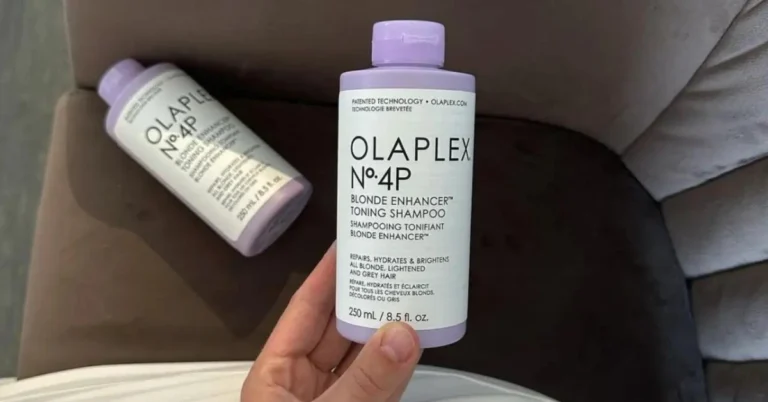Acne – the persistent opponent that leaves you fighting an ongoing war for a clear, confident skin. The annoyance, the anxiety, and the endless quest for an answer – it’s a journey many of us go through. You’re not alone in dealing with this issue.
But what if I told you there’s a potential savior for your skin, a beacon of hope that doesn’t involve harsh chemicals or prescription medications? Enter Vitamin C – the unsung hero in the quest for blemish-free skin.
Picture this: a solution that not only nurtures your overall health but also holds the promise of a radiant, acne-free complexion. Intrigued? You should be.
Table of Contents
Does Vitamin C Help with Acne?
Absolutely! Anyone who says otherwise is just plain wrong.
Vitamin C is a miracle worker when it comes to skin health, and that includes acne. Its anti-inflammatory properties are perfect for reducing the redness and swelling associated with acne.
Plus, it helps increase collagen production, which is crucial for maintaining healthy skin. If you’re dealing with acne, you need to make Vitamin C a part of your skincare routine ASAP. Don’t wait another minute!
8 Benefits of Vitamin C for Acne
Does Vitamin C Help with Acne? Yes absolutely, and here are the top 8 benefits of using vitamin C for acne:
- Reduces inflammation: Vitamin C has anti-inflammatory properties that can help reduce redness and swelling associated with acne.
- Boosts collagen production: Collagen is essential for skin health and rebuilding. Vitamin C helps increase its production, which can improve the overall look and feel of your skin.
- Helps reduce hyperpigmentation: Acne can cause hyperpigmentation, which is the darkening of certain areas of skin. Vitamin C can help reduce the appearance of these dark spots.
- Provides antioxidant protection: Vitamin C is a powerful antioxidant that can help protect your skin from damage caused by free radicals.
- Fights bacteria: Vitamin C has antimicrobial properties, which can help fight the bacteria that cause acne.
- Promotes wound healing: Acne breakouts can cause skin damage, but Vitamin C can help promote wound healing and reduce scarring.
- Improves skin texture: Vitamin C can help improve the texture of your skin, making it smoother and more even.
- Hydrates skin: Vitamin C can also help hydrate your skin, which is essential for maintaining healthy skin.
How Do You Apply Vitamin C for Acne?

- Choose the right type of Vitamin C: Look for L-ascorbic acid, which is the most effective form of Vitamin C for topical use.
- Use a serum: Serums are the most common form of Vitamin C for topical use, as they have a higher concentration of the vitamin than other products.
- Apply after cleansing: Make sure your face is clean and dry before applying the serum.
- Use a small amount: A little bit goes a long way with Vitamin C, so use a pea-sized amount for your entire face.
- Gently massage into your skin: Use your fingertips to massage the serum into your skin in circular motions.
- Allow time for absorption: Let the serum absorb into your skin for a few minutes before applying any other products.
- Use sunscreen: Vitamin C can make your skin more sensitive to the sun, so be sure to use sunscreen to protect your skin from harmful UV rays.
Causes of Acne
In my quest to understand whether Vitamin C can truly be the ally we need in the battle against acne, it’s crucial to start at the beginning: understanding what causes acne in the first place. Here’s a comprehensive list of the primary culprits behind those pesky breakouts:
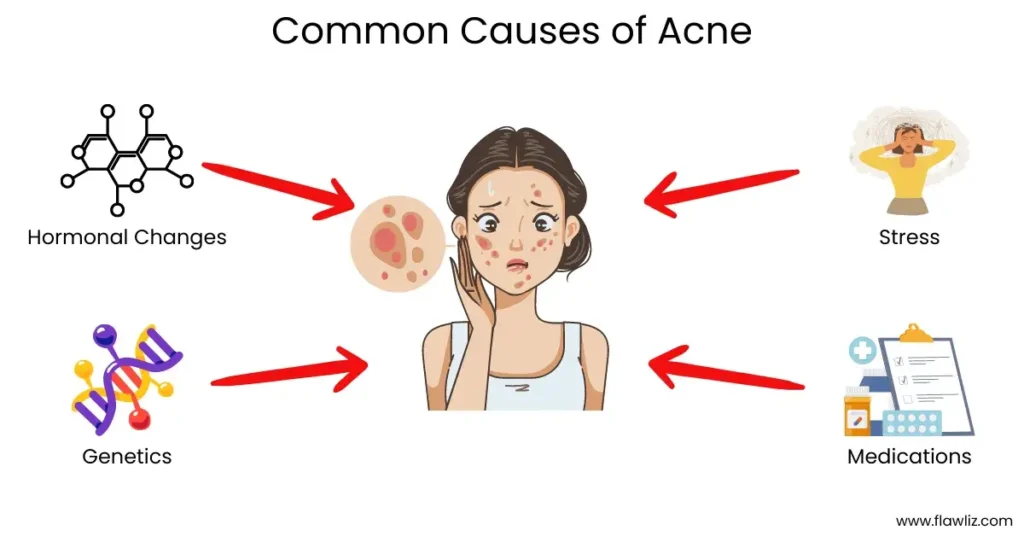
- Excessive Sebum Production: An overproduction of sebum, the skin’s natural oil, can clog pores and create an ideal environment for acne-causing bacteria.
- Clogged Pores: When dead skin cells and sebum accumulate, they can obstruct hair follicles, leading to blackheads and whiteheads.
- Bacteria (Propionibacterium acnes): These bacteria naturally inhabit our skin but can multiply rapidly in clogged pores, causing inflammation and acne.
- Hormonal Fluctuations: Hormonal changes during puberty, menstruation, pregnancy, or due to conditions like polycystic ovary syndrome (PCOS) can trigger acne.
- Diet and High-Glycemic Foods: A diet rich in high-glycemic foods like sugary snacks and processed carbohydrates may contribute to acne for some individuals.
- Genetics: A family history of acne can increase your susceptibility to breakouts.
- Cosmetics and Skincare Products: Some ingredients in cosmetics or skincare products can clog pores and exacerbate acne.
Pro Tip: Identifying the specific cause of your acne is the first step towards effective treatment. While Vitamin C can be a valuable addition to your skincare routine, consider consulting a dermatologist to determine the most suitable approach for your unique skin type and condition.
Types of Acne
In my journey to uncover the truth about whether Vitamin C can be the answer to our acne woes, it’s essential to begin by understanding the diverse array of acne types. Knowing your enemy is the first step to victory. Here’s a concise list of the most common types:
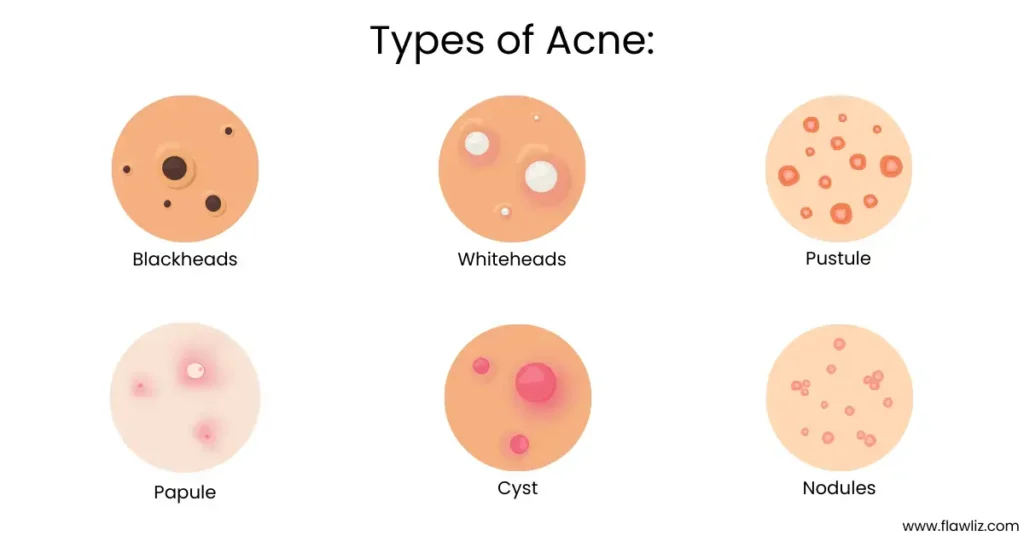
- Blackheads (Open Comedones): These are small, dark spots with open pores at the surface. They appear black due to oxidation of trapped debris and sebum.
- Whiteheads (Closed Comedones): Similar to blackheads but with closed pores, causing a white or flesh-colored appearance.
- Pustules: Pustules are raised, inflamed bumps filled with pus. They often have a red base with a white or yellow center.
- Papules: Papules are small, raised, red, or pink bumps on the skin’s surface. They can be tender to the touch.
- Cysts: Cysts are larger, painful, and deep-seated lumps beneath the skin’s surface. They can be filled with pus and may leave scars.
- Nodules: Nodules are hard, painful, and often large lumps deep within the skin. They are resistant to topical treatments.
Understanding the different types of acne empowers you to tailor your skincare routine effectively. With the potential benefits of Vitamin C, you can embark on your journey to combat acne with confidence and clarity.
Potential Side Effects of Using Vitamin C
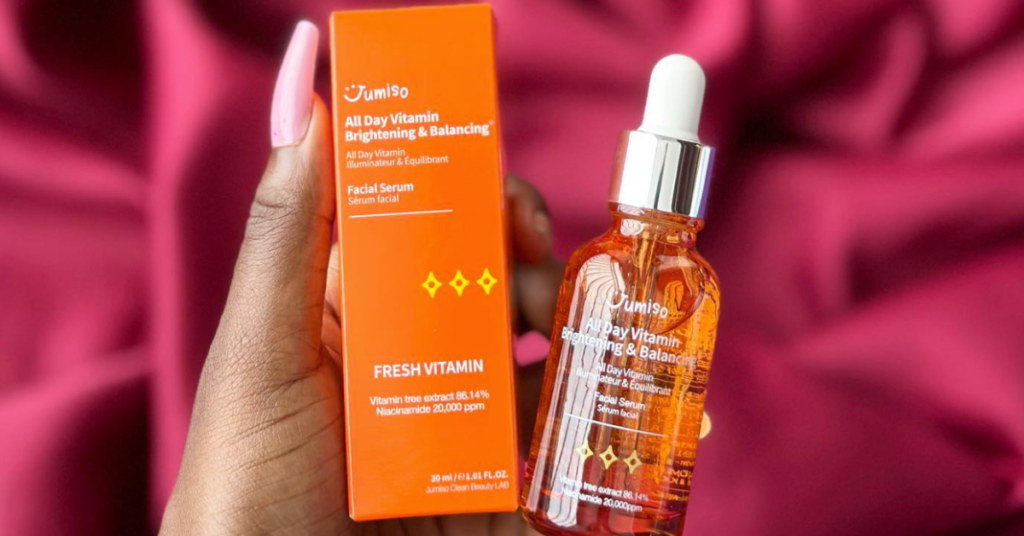
In my journey to discover whether Vitamin C can truly be a skin-saver in the battle against acne, it’s essential to shed light on the potential side effects. While Vitamin C can be a potent ally, it’s not without its nuances. Here’s a concise list of possible side effects:
- Skin Irritation: Some people may experience redness, itching, or a burning sensation when applying Vitamin C to their skin. This is more common with higher concentrations.
- Allergic Reactions: Although rare, allergic reactions like hives or rash can occur, especially with certain formulations or additives.
- Dryness and Peeling: Vitamin C may have a drying effect on the skin, leading to flakiness or peeling, particularly if overused.
- Photosensitivity: Vitamin C can make the skin more sensitive to sunlight, increasing the risk of sunburn. Proper sun protection is crucial.
- Discoloration: In rare cases, Vitamin C may cause skin discoloration, especially in individuals with specific skin conditions.
Remember: To minimize the risk of side effects, start with a lower concentration of Vitamin C and gradually increase it as your skin becomes accustomed. Always perform a patch test before using a new product, and consult a dermatologist if you have concerns or experience adverse reactions.
Combining Vitamin C with Other Ingredients
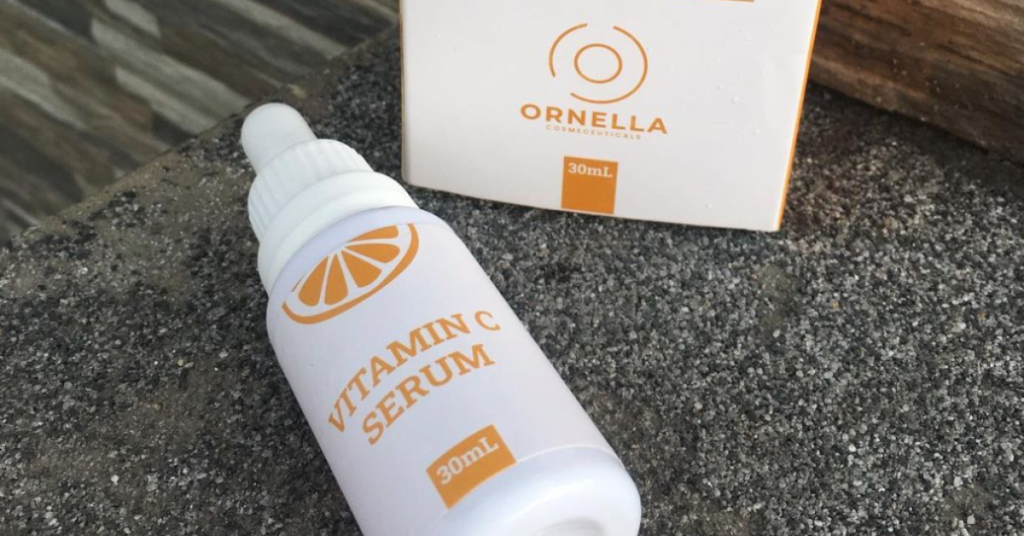
In my quest to unlock the secrets of using Vitamin C to combat acne (yes, it’s possible!), I’ve discovered that the true power lies in smart combinations. Here’s a valuable list of skincare ingredients to pair with Vitamin C for maximum effectiveness against acne:
1. Salicylic Acid: A potent exfoliant that unclogs pores, salicylic acid complements Vitamin C’s brightening and anti-inflammatory properties. It’s particularly effective for blackheads and whiteheads.
2. Retinoids (Retinol): Retinoids, like retinol, promote skin cell turnover and collagen production. Pairing them with Vitamin C can address various acne types, including papules and pustules.
3. Niacinamide (Vitamin B3): Niacinamide enhances skin barrier function and reduces inflammation. When combined with Vitamin C, it can help soothe and heal acne-prone skin.
4. Hyaluronic Acid: Hyaluronic acid hydrates and plumps the skin. When used alongside Vitamin C, it can balance the potential drying effects of other acne treatments.
5. Benzoyl Peroxide: For more severe forms of acne like cysts and nodules, pairing benzoyl peroxide with Vitamin C can provide a two-pronged attack against inflammation and bacteria.
Pro Tip: While combining skincare ingredients can be beneficial, it’s crucial to introduce them gradually and monitor your skin’s response. Start with a patch test and consult a dermatologist for a personalized regimen. Remember that consistency is key to seeing results in your acne management journey.
FAQ
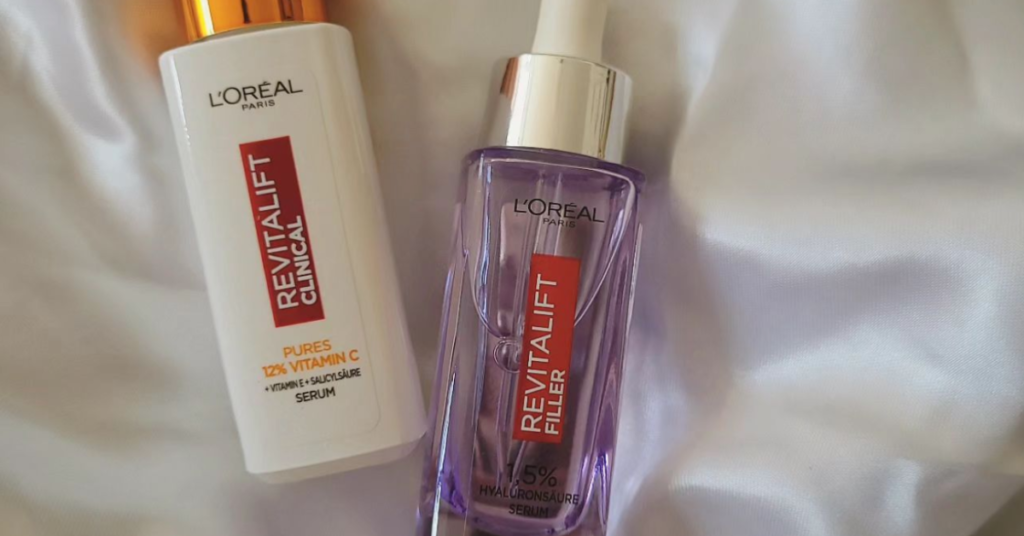
Does vitamin C help clear skin?
Because of its anti-inflammatory properties, topical vitamin C can help reduce acne lesions and inflammation. Vitamin C is also a powerful antioxidant that can shield the skin from free radicals, UV rays, and pollution. Furthermore, it promotes the production of collagen and elastin, which help to keep the skin plump and firm.
How long does it take for vitamin C to help acne?
Vitamin C can help reduce acne scars, inflammation, and hyperpigmentation in as little as three weeks, though significant improvements may take up to two months. Vitamin C, which can be found in serums, oils, creams, and other skincare products, also promotes collagen production.
Can vitamin C serum give you pimples?
Acne is unlikely to be caused by vitamin C serums. While using a vitamin C serum may cause irritation or purging in some people, this is not the same as acne. Vitamin C serums can actually help to treat acne faster, and any skin issues are more likely to be caused by the serum removing the body’s ability to regulate oil production.
Is it OK to put vitamin C on your face everyday?
In general, applying vitamin C to your face on a daily basis is safe. Those with sensitive skin, on the other hand, may not be able to tolerate it and should avoid it. When used on a daily basis, vitamin C can reduce wrinkles, but it is critical to use the correct concentration and avoid combining it with other actives.
Is vitamin C good for OILY skin
Yes, because of its antioxidant and anti-inflammatory properties, vitamin C serum is beneficial for oily skin. It aids in hydration, pores, acne, and collagen production.
What vitamin is for acne?
Acne is commonly treated with vitamins A, D, zinc, and E. Vitamin D and omega-3s may also be beneficial for treating acne, while zinc in combination with vitamin A has been shown to improve breakouts.
Can vitamin C clog pores?
If an unstable form of vitamin C, such as ascorbic acid, is used and exposed to light and air, it can clog pores. To reduce this risk, use vitamin C skin care products correctly and a vitamin C serum with anti-inflammatory properties. When beginning a new skincare routine that includes acids, vitamin C serums, or retinoids, purging may occur.
If you liked this blog article about the question: Does Vitamin C Help with Acne, don’t forget to leave us a comment down below to tell us about your experience.



